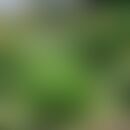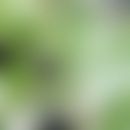DefinitionThis section has been translated automatically.
Mucilages are widely distributed in the animal and plant world. Vegetable mucilages, consist mostly of polysacchararides. When mixed with water, they form a slimy mass.
IngredientsThis section has been translated automatically.
Polysaccharides made from glucose, rhamnose, xylose or arabinose.
You might also be interested in
EffectsThis section has been translated automatically.
Mucilages play an important role in both naturopathy and standard medicine. They have a particularly soothing, mucous membrane protecting, anti-inflammatory and immunostimulating effect on the organism. mucus substances swell up several times their dry volume on contact with water. This factor is represented by the swelling number.
Field of application/useThis section has been translated automatically.
Mucilages are mainly used to treat gastrointestinal complaints, inflammation of the mucous membranes of the stomach, inflammation of the mouth and throat or persistent coughing.
TablesThis section has been translated automatically.
| Plant | Drug | Applications |
|---|---|---|
Altheae officinalis |
Althaeae radix | Cough medicine |
Cetaria species (e.g. cetaria islandica) |
lichen islandicus | Cough medicine |
| linum usitatissimum | line semen | Laxative |
malva sylvestris |
Malva sylvestris flos and Malvae folium |
Cough medicine |
lanceolate plantago |
Cough medicine | |
Red Algae |
Carrageenan | Cough medicine |




